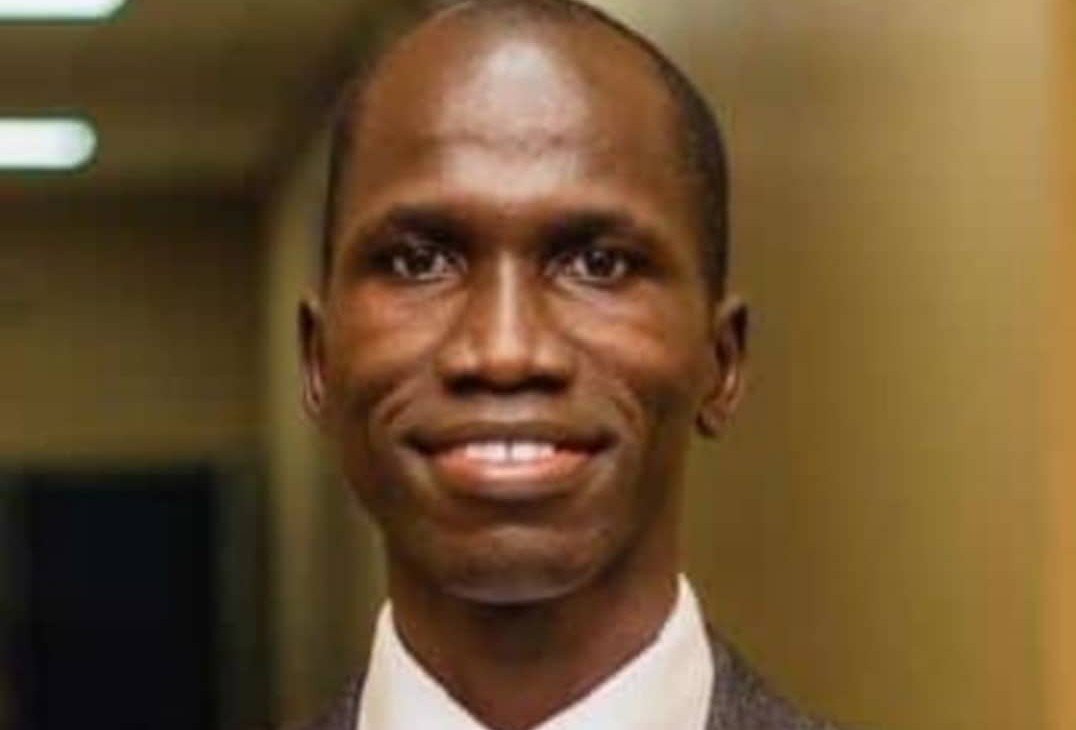By Joseph Opio, Okadibong President
As the president of Okadibong this is where we come in because we know teenage pregnancy is a major problem that hinders development in the country.
Uganda, like many developing countries, grapples with the challenge of teenage pregnancy. According to the Uganda Demographic and Health Survey (2016), approximately 25% of adolescents aged 15-19 have begun childbearing. This phenomenon not only affects the individual but also has far-reaching consequences for the community and nation at large. To combat this issue, it is essential to educate and advocate for the use of contraceptives, despite the static stance of some religious leaders.
Education is key to empowering adolescents with the knowledge to make informed decisions about their reproductive health. Comprehensive sex education should be integrated into school curricula, focusing on the benefits and correct usage of contraceptives. This approach has proven successful in countries like:
Sweden, where sex education starts as early as age 6, resulting in a low teenage pregnancy rate of 1.4% (2020).
Australia, which implemented a national sex education program, leading to a significant decline in teenage pregnancy rates (2019).
In Uganda, initiatives like the National Sexuality Education Framework (2018) aim to provide age-appropriate information to adolescents. However, resistance from religious leaders and cultural beliefs hinders progress.
Advocating for contraceptive use is crucial in preventing teenage pregnancy. Contraceptives, such as condoms, pills, and injections, are effective in preventing unplanned pregnancies when used correctly. Countries that have successfully implemented contraceptive programs include:-
South Korea, where contraceptive use among adolescents increased from 25% to 75% between 2000 and 2010 (2012).
Colombia, which saw a significant decline in teenage pregnancy rates after introducing a national contraceptive program (2015).
To overcome the static stance of religious leaders, it is essential to engage them in dialogue, highlighting the benefits of contraceptives in preventing teenage pregnancy and promoting healthy relationships. Additionally, involving community leaders and parents in the conversation can help break down cultural barriers.
Finally, curbing teenage pregnancy in Uganda requires a multifaceted approach that prioritizes education and contraceptive advocacy. By learning from countries that have successfully implemented similar programs, Uganda can break the cycle of teenage pregnancy and empower its youth to make informed decisions about their reproductive health. It is time for religious leaders and the community to embrace the changing trends and work towards a dynamic solution to this pressing issue.








